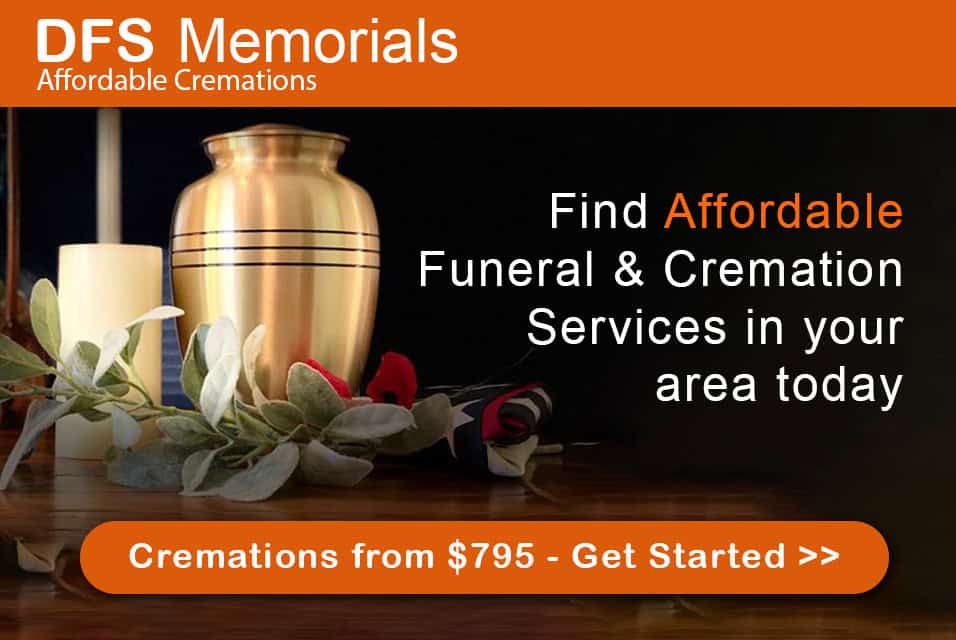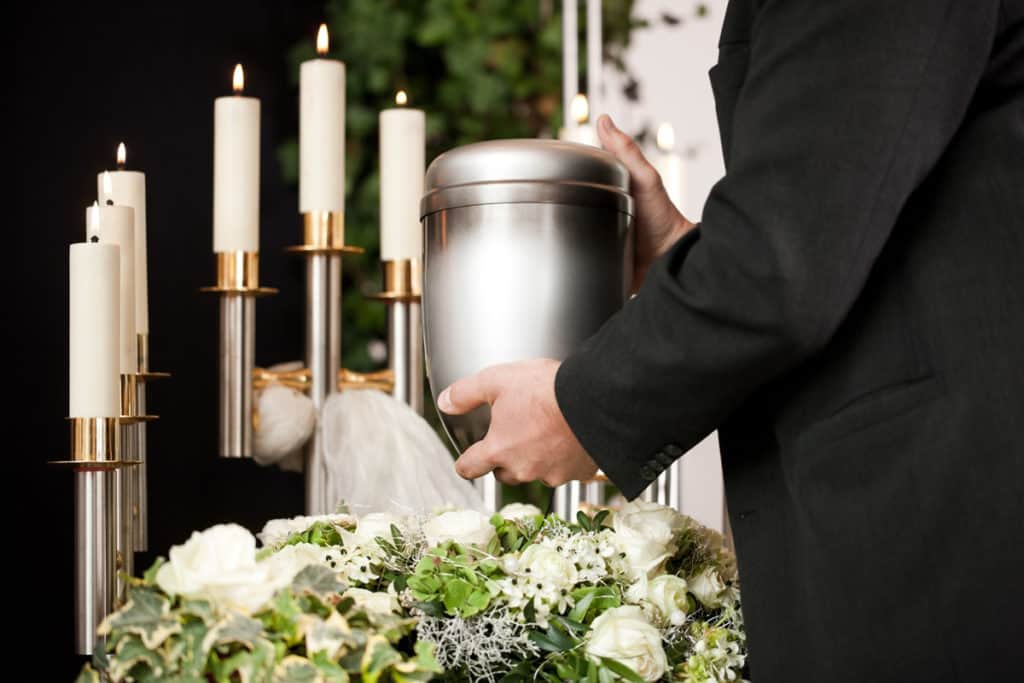
It is no easy task to effectively plan and prepare for a funeral, especially if you are in a heightened emotional state following a bereavement. If the death was unexpected, then you are thrust into planning the funeral with very little time, and although it makes the task no easier if you were dealing with old-age or a terminal illness, at least you may have had some passage of time in which to consider and make your plans.
As soon as you are aware death is imminent, or have just been notified of a death, the first thing you need to do is arrange to have the deceased collected from the place of death, and have them transferred to a funeral home.
If you have already decided upon which funeral home you are going to use, this step is quite straightforward. However, if you have not yet selected a funeral home, do NOT make a hasty decision. Most hospital morgues will keep a body for a little longer if you are consulting on funeral services.
Preplanning or Pre Arranging a Funeral
It can certainly help if the deceased had already arranged a funeral plan, but this is not always the case. It is probably important to ascertain immediately whether there are specific documents that outline the deceased’s wishes. Did he or she have a will? Is there a pre-need funeral contract? Had they made a decision about whether they wished to be buried or cremated? Is there any cemetery property in the family? Which family members should be involved in the funeral planning process? If no funeral insurance contract exists, the first thing to decide upon is which funeral home you are going to use, and this can often be determined by what type of funeral is required – burial or cremation?

Choosing a Funeral Home
Choosing a funeral home is no easy task. It may be if you have had prior experience, and feel that you already know a funeral director you are more than happy with. If not, you need to do some quick research to guide you in your decision. Have you any friends or acquaintances that have had experience with a funeral home and could offer recommendations? Are you a member of a community group or church that may be able to signpost you to a reliable funeral provider. Do note here, that some funeral companies will promote themselves to hospitals, hospices and other community organizations with the specific intent of gaining custom. It has been known that some incentives may be offered, so do ensure the recommendation you receive is genuine and not for monetary gain!
You can use our FREE funeral home directory to find the funeral homes in your area. We list ALL funeral homes for free, which means no funeral home is paying for an enhanced listing as with many other funeral home directories, and ALL funeral providers in your area are listed…not just those who have paid for a listing.
Deciding Upon What Kind of Funeral Service
Deciding which funeral home to choose can be determined by what kind of funeral service you require. For example, if you are opting for a cremation, there are many cremation societies that only offer cremation, and can often sometimes offer discounted services. So when you are doing your research about who to choose, it is important that you have some idea of what you require. This can help to make it easier to compare services and prices from different funeral homes.

Funeral Costs
The cost of a funeral service in the U.S. can be anything from around $500 (for a direct cremation in certain states) to thousands of dollars. This is why it is important to compare prices, we guarantee you will be surprised at just how much the price for a direct cremation will differ in your area. The average cost of a funeral today is $7360 (according to the NFDA). We would recommend that you chose at least three funeral providers and get their prices. All funeral homes must have a General Price List (GPL) and be prepared to give you this. It outlines all the services and products they offer. Some funeral homes will now publish this on their web site or clearly highlight their packages and costs. Unfortunately, this is not common practice though.
You will find our page on ‘How to Save $$$‘ outlines 5 top tips to help you save money planning a funeral. There is also a checklist tool at the bottom of the page that you can use to get prices and compare.
As the article on saving money highlights, you need to retain control when organizing a funeral if you do not want the costs to run away with you. Aside from the main professional services of a funeral director that you require, there is a multitude of ancillary services, which can mean that your simple burial or cremation can end up being more costly than you expected.
Make sure you carefully read the contract you enter into with the funeral home. You will be expected to pay for certain charges (often referred to as ‘disbursements’) upfront, as these are costs that the funeral director has to make to third-party organizations. For example, this may be a death certificate and obituary notices. Make sure you understand payment terms, and what types of payment are accepted before entering into any agreement.
Ancillary Funeral Services
As mentioned, there are a whole plethora of ancillary services and products, so it can greatly help to write down exactly what you want before meeting with your funeral director. You may find it helps to take along a friend who is not as emotionally affected by the bereavement and can, therefore, support you through the decision-making process. Sometimes you can be overwhelmed with some of the minutiae detail, such as what color casket pillow, choices of funeral stationery and music, etc.
We have a whole library of resources and articles to assist you here on this web site. View our Funeral Resources information, and browse by topic.

